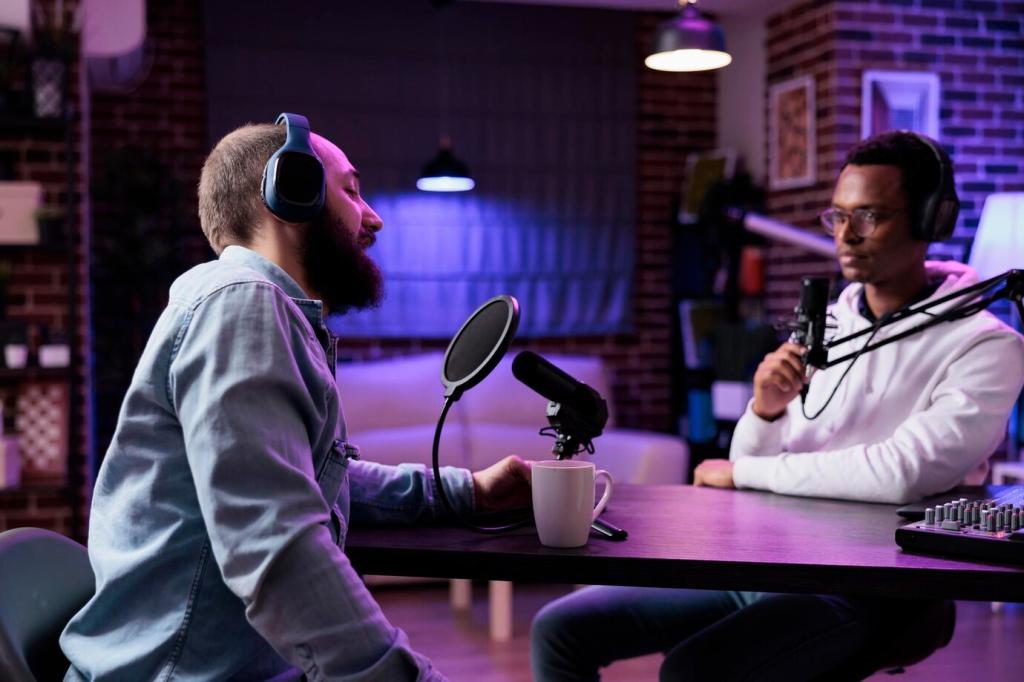Case Studies: Podcasts That Shifted Conversations
Serial reignited interest in wrongful convictions by pairing meticulous reporting with intimate narrative pacing. Listeners followed timelines, questioned evidence, and discussed procedure in unprecedented detail. The show’s ripple effects energized legal discussions and public curiosity about fairness, shaping perceptions of the justice system’s fallibility.
Case Studies: Podcasts That Shifted Conversations
The Daily distills complex news into accessible morning briefings that influence what people talk about later. By spotlighting a single story with depth, it functions as a daily agenda-setter, guiding listeners toward specific frames and questions they then carry to work, class, and community meetings.





